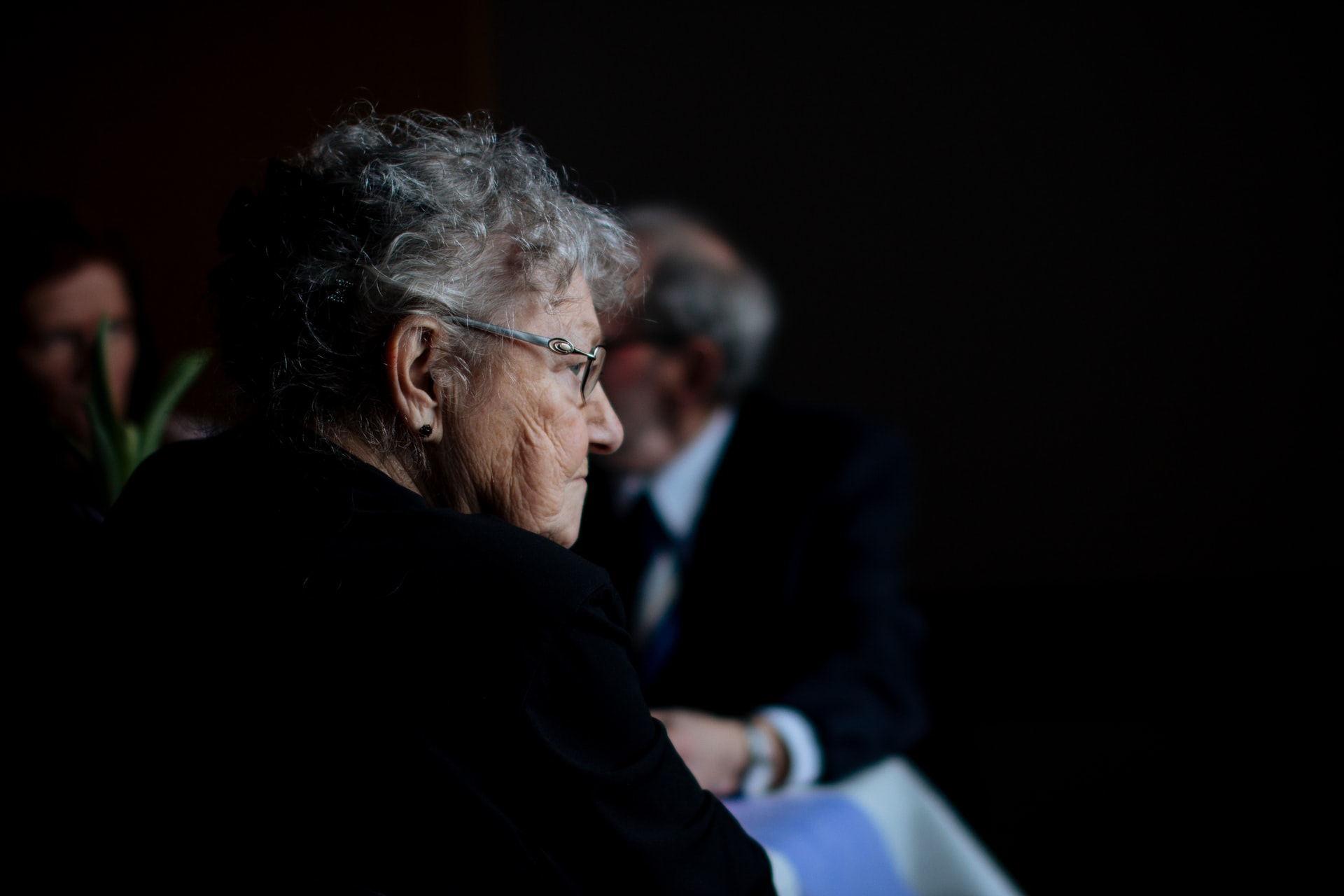Elder abuse rates rise over COVID-19

Photo by Christian Langballe
Elder abuse is not often talked about for the threat that exists to a vulnerable population in Canada and the world over.
June 15 was marked as “World Elder Abuse Awareness Day,” and people are asked to wear purple to mark it as a day of change and hope to help prevent and protect those that are experiencing it.
Unfortunately, statistics have shown that over the course of the COVID-19 pandemic, reports of elder abuse have been on the rise in Canada. Calls to the Senior Safety Line in Ontario increased by an incredible 250 per cent in 2020.”
One in six older people are victims of elder abuse, most often at the hands of family or friends,” said Laura Tamblyn Watts, CEO of CanAge, a national advocacy organization working to improve the lives of older adults across the country.
“Isolation caused by COVID-19 has put even more seniors at risk. World Elder Abuse Awareness Day is a golden opportunity to bring this often-ignored crisis into the public eye where it belongs.”
“Elder abuse needs to be treated with as much urgency by governments as domestic violence and other forms of inter-relational abuse.”
Elder abuse is defined as the emotional, physical or financial abuse of an older adult, which often is committed by a trusted friend or family member. This, in addition to the stigma attached to all forms of abuse, causes a majority of cases to go unreported.
Making the problem more complicated is often the presence of age-related discrimination, making the issue less likely to be treated with the same urgency as other forms of domestic or familial abuse.
The current federal budget announced $50 million over five years to address the issue and design interventions to prevent elder abuse before it happens, a decision applauded by Watts and CanAge.“Most people are not aware of how widespread a problem elder abuse is in Canada,” notes Tamblyn Watts.
“As a country, we need to raise awareness of the issue and where people can go for help. We also need to make drastic investments in response services, so that help comes quickly when it’s needed most.”
“COVID-19 exposed significant fault lines in our system when it comes to the care, well-being, and rights of older people,” says Benedicte Schoepflin, Executive Director of CNPEA, the Canadian Network for the prevention of Elder Abuse.
“Older Canadians deserve better than a public discourse that pits generations against each other and measures the value of a human life based on age. They also deserve policies and actions that will uphold their rights.”
Here locally, the Kerby Centre is also acting to help protect vulnerable and at-risk seniors when it comes to the issue of elder abuse.
The Kerby Shelter in Calgary is a safe space for men and women aged 55 or over who are experiencing elder abuse, and provides transitional housing for up to three months, along with a bevvy of other services such as support from social workers, referrals for housing and counselling and assistance for a period of time after they’ve left.
Donations to Kerby Centre go directly to programs like our elder abuse shelter.
A donation can make the difference in providing a safe place to stay for some experiencing elder abuse in your own community.
Those interested in donating can visit https://www.kerbycentre.com/donate/ for more information or to make a donation.
